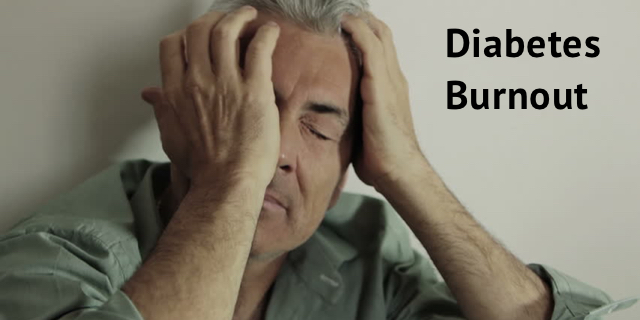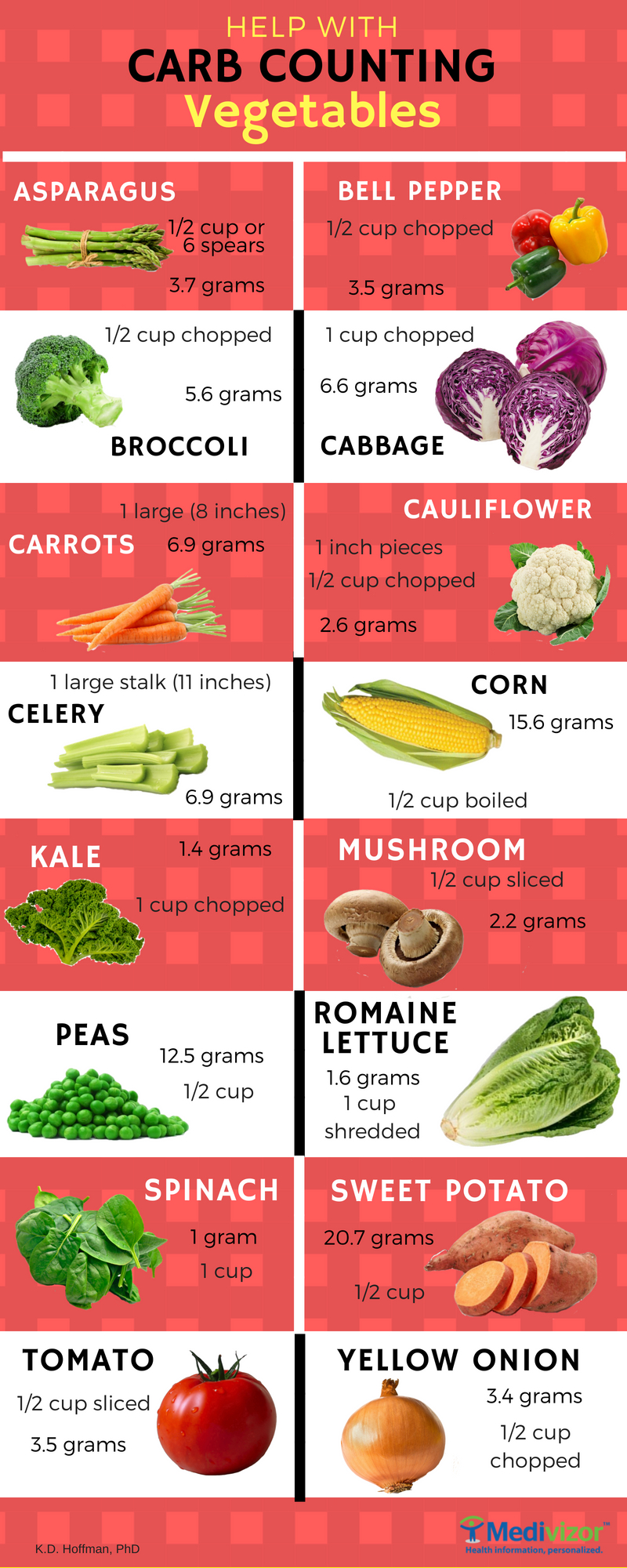“I just don’t think about my diabetes. It’s too complicated and I’m too busy.”
“I’ve given up on carb counting and just eat whatever.”
“If my blood sugar is out of range, I just don’t care.”
“Family and friends don’t support me. ”
“I feel hopeless.”
If these statements sound familiar – like the way you’ve been feeling – you are not alone. Living with a chronic condition is challenging and can be exhausting. It is not surprising that many people experience fatigue and burnout.
For people with diabetes, there are physiological reasons for the fatigue. Hypo- and hyperglycemia, glucose variability are factors that can impact the central nervous system.
Likewise, there is a significant amount of self-management involved in living with diabetes.
The pancreas is an integral part of a complex system. When it is functioning properly, the amounts of insulin are perfectly attuned to the needs of the body. Expecting this type of perfection in someone whose pancreas is not functioning properly or in someone whose body cells are resistant to insulin, is not reasonable. Controlling diabetes, being a pancreas, is not truly possible. Unfortunately, expectations of this kind may be part of your experience with diabetes.
In fact, in people living with type 2 diabetes who are compelled to start using insulin treatment can feel that they have “failed.” In fact, the language around diabetes is about “control” or “mastering” diabetes. Negative experiences can add up, low self-esteem can result and the cumulative effect is diabetes burnout. If there is a lack of help or social support from family and friends, burnout is likely to be even worse.
What to do when you are experiencing burnout
Utilize technology
Keeping up with the numbers in your head can be too much and can become a significant burden. There are a number of apps available to help with carb counting. Medication management and stay on schedule as well as blood sugar trackers that track carbs, insulin and exercise can help.
Get Help
Negative emotions and intense feelings need to be expressed but also effectively processed. Therapy can be useful to help with dealing with feelings depressive feelings or feelings of being at a loss.
Stress Reduction
When you experience stress, hormones like epinephrine and cortisol are released. These hormones activate the release of glucagon from the pancreas. Glucagon tells your liver to break down the glycogen it has been storing into glucose which is released into your blood. This is one way that stress affects your blood sugar. Meditation and physical activity that reduces stress are effective ways to help manage diabetes. There are mobile apps that provide guided medications to help you to reduce stress.
Celebrate the small wins
Don’t dwell on the problems. Celebrate the small wins that you have. And give yourself a break, allowing yourself to breathe and get back on track.
Education
It may be time to regroup and see a diabetes educator. Major changes in life, in your physical, mental health or even your financial situation, can impact you so that you need to regroup and tweak your management plans.








Good information! I feel the same sometimes, but I can’t stress enough how important it is to monitor your A1c levels on a daily, regular basis!
I thought it was just me being blue and lazy. I am so tired of worrying about diabetes. I am afraid I will die at the hand of this disease. I need a coach or someone who can help me but there is none in the area of Collinsville, IL.I have a hard time driving so if anyone knows of someone, please respond to this message. I will be very thankful.
Dear Mollie, I so know what you are going through! I have been living with type 1 Diabetes for 20 years. And I am still learning. It is important to stay in touch with your immediate health care team and working with somebody about the stress of living with this disease gives the extra motivation and know-how to achieve your wellness goals. You don’t have to have a coach nearby. Go online and you will find resources. Although I am a life and wellness coach myself, I too have a coach I work with. So helpful!
Wishing you the very best,
Dagmar
I am on the Ketogenic Diet or Keto. As of July 11, I have lost just over 20% of my body mass since Feb 4 and I don’t bother with carb counting. I’m T2, and my insulin need has been reduced. I’m going to stay on the diet and get to a goal weight of 90 kg.
I feel the same I am depressed. Been taking 4 injection 💉 every day for 13 years
Im sure every diabetic could relate to this article at some point or another and its not an easy one to overcome.Im a nurse as well as a type 2 so more than get where you are coming from.
I too go through burnout. I’m T1 for 53 years. I don’t kill myself eating or counting carbs. I eat what I want in moderation. I am on a pump now and it’s the best thing thing that could’ve happened because my A1c was at 13! Now its below 7. No two diabetics are alike, you know your body better than anyone!
Good information for me .
Carbohydrates are not necessary. Eliminate then and reverse your diabetes